Ccru - Ccru - Writings 1997-2003
Here you can read online Ccru - Ccru - Writings 1997-2003 full text of the book (entire story) in english for free. Download pdf and epub, get meaning, cover and reviews about this ebook. year: 2015, publisher: Time Spiral Press, genre: Art. Description of the work, (preface) as well as reviews are available. Best literature library LitArk.com created for fans of good reading and offers a wide selection of genres:
Romance novel
Science fiction
Adventure
Detective
Science
History
Home and family
Prose
Art
Politics
Computer
Non-fiction
Religion
Business
Children
Humor
Choose a favorite category and find really read worthwhile books. Enjoy immersion in the world of imagination, feel the emotions of the characters or learn something new for yourself, make an fascinating discovery.
Ccru - Writings 1997-2003: summary, description and annotation
We offer to read an annotation, description, summary or preface (depends on what the author of the book "Ccru - Writings 1997-2003" wrote himself). If you haven't found the necessary information about the book — write in the comments, we will try to find it.
Ccru: author's other books
Who wrote Ccru - Writings 1997-2003? Find out the surname, the name of the author of the book and a list of all author's works by series.
Ccru - Writings 1997-2003 — read online for free the complete book (whole text) full work
Below is the text of the book, divided by pages. System saving the place of the last page read, allows you to conveniently read the book "Ccru - Writings 1997-2003" online for free, without having to search again every time where you left off. Put a bookmark, and you can go to the page where you finished reading at any time.
Font size:
Interval:
Bookmark:
Ccru
Writings 1997-2003
Time Spiral Press 2015
timespiralpress.net
timespiralpress@gmail.com
Foreword
This volume gathers together finished texts written under the Ccru name. Excepting pieces that have been irrecoverably lost, it is to the best of our understanding complete. The material it compiles has been accessible in other places before, primarily on the Ccru website, but also in certain cases elsewhere. This is the first time that it has been brought together in a book.
The Ccru website has flickered in and out of existence over the last decade (or more), without anybody in the old Ccru circle fully or even tentatively grasping how this facility has been sustained, or accepting responsibility for its preservation. It now appears to have disappeared permanently. This terminal submergence of the principal Ccru archival deposit has prompted the present publication.
There is nobody positioned to accept attribution for the work of the Ccru, nor has there ever been, so this compilation has been guided by a principal of editorial modesty. Whatever it is that occurred here during these years of the Numograms initial ingression into recent human history, triggering an outbreak of digial hyperstition is not considered a matter to be resolved in this volume, even in part, through retrospective commentary. This book is sheer documentation. It is not expected to clarify anything, but much rather the reverse.
The order and grouping of materials is roughly topical. No attempt has been made at consistent chronological reconstruction.
All editorial commentary and notes attached to these texts belong to the original. Editorial intervention has been restricted to syntactical regularization (with a bias towards logic over convention). On occasion, some signs have been added to mark breaks in passages originally separated only by spacing, and the definite article has been added to some titles. Otherwise, stylistic infelicities, factual errors, conceptual absurdities, and ethico-political monstrosities have been left undistubed.
Although original (to the Ccru site) the Ccru Glossary has been categorized as an appendix due to its extremely general application. The second appendix (on TV demonism) belongs outside the time-frame and micro-sociology of this collection, but was attached due to its obvious and extreme pertinence.
The Tale of the End
There was a time when Murrumur asked Katak and Oddubb a question, and although this was very long ago it was the last question she has ever been known to ask. It was Ummnu the last of the demons who provoked this question, since Murrumur felt her to be always nearby, and yet never ceased to be confused by her, so that eventually she asked: How can the end be already in the middle of the beginning?
So this was Murrumurs final question and probably also her first but it was no use at all. Neither Oddubb nor Katak has ever noticed Ummnu because she is half hidden in the depths of Murrumur, and half hidden deeper still so Oddubb was puzzled, and said nothing.
Katak however found Murrumurs question extremely irritating, and replied scornfully: What nonsense! I have travelled around forever, and there was never any suggestion of an end, or of a beginning.
With those words she swirled off, as if returning to her lair, but secretly to patrol time again which was also the first time just to be sure.
After that Katak was more sure than ever that she was right, or at least no less sure, and that was very sure indeed. Oddubb was so perplexed that she soon became muddled about what it was that had perplexed her, and so forgot all about it, and probably forgot even forgetting it. So Murrumur was left alone with her confusion, and maybe she will sort it out in the end, but then again since it has already been so long maybe she never will.
Part-1
Id(entity)
Exercises in Ccru self-definition

Communiqu One
Message to Simon Reynolds (1998)
Ccru defines Cybernetic Culture immanently, as the mode of propagation characterizing flat productive collectivities.
Such flatness whose intensive Quanta are Ccrunits or Barkers involves:
1) coincidence of product-process
2) counter-chronic arrival (from machinic virtuality)
3) absolute impersonality, ahistoricity, and extraterritoriality
Ccru consists of Datable Swarm-Convergences in process. It has no genealogy, geographical centre, biographical attribution, or institutional dependency.
Ccru retrochronically triggers itself from October 1995, using a UK University as a temporary habitat. Its emergence is sequenced and accelerated by a series of singularities (Barker-Thresholds): the Virtual Futures conferences (Spring 1994, 1995, 1996), the O[rphan] D[rift] Cyberpositive book (1995), the ***collapse journal (1995-1996), the Afro-Futures event (February 1996), the Ko:Labs breakbeat experimentation zone, the Virotechnics event (October 1997), and the Switch/O[rphan] D[rift] collaboration (Beaconsfield Arts Centre, London, Autumn 1998).
Who or what you are speaking to can be accessed at different levels of intensity. It might be helpful to think of these as options, or hatches opening along a corridor. At degree-0 (1998) Ccru is the name on a door in an institution which said of the Ccru that does not, has not, and will never exist'.
At higher intensities it stretches between human agencies (below 1-Barker) and Unuttera (The Entity or polytendriled abomination at 9-Barkers). All Ccru products/practices (text and breakbeat remixology, the Abstract Culture pamphlet series, concept engineering, upcoming books and CDs...) intercoil along a line of continuous variation.
Communiqu Two
Message to Maxence Grunier (2001)
1. What are pulp theory/fiction hybrids? In France the old old continent we don't have any kind of cultural studies and cyber-culture means nothing. Can you explain your theories in newbies words ...
Many members of the Ccru had fled cultural studies, disgusted by its authoritarian prejudices, its love of ideology, and pompous desire to represent the other or speak on behalf of the oppressed. To us, it never seemed that the real articulacy of the left academic elites was in any way superior to the modes of popular cultural expression which were either ignored or treated as raw material to be probed for a true (i.e. ideological) meaning by white middle-class intellectuals.
Ccru has tried to connect and cross-intensify with peripheral cultural processes (dark-side digital audio, cyberpunk, Neolemurian sorcery, numbo-jumbo, Afro-futurism, Indo-futurism, Sino-futurism ). It seeks to think, theorize, and produce with rather than about (or -even worse for) them. We think everything interesting happens on the periphery, outside the standard modes of developed existence.
Ccru engages with peripheral cultures not because they are down-trodden or oppressed, but because they include the most intense tendencies to social flatness, swarming, populating the future, and contagious positive innovation, hatching the decisive stimuli for the systematic mutation of global cybernetic culture.
Cyber-culture has come to be synonymous with Internet-studies. Ccru has a more fundamentalist commitment to cybernetics, whose abstract principles of feedback dynamics, nonlinear causality, and machinic involvement are linked to numerous issues concerning digital technology and telecommunications, but in no way restricted to these.
Ccru has consistently endorsed Deleuze and Guattaris insistence that machines are irreducible to technology. We consider cybernetics to be the practical science of excitement (amplification / inhibition of communication, mutation, and innovation).
Next pageFont size:
Interval:
Bookmark:
Similar books «Ccru - Writings 1997-2003»
Look at similar books to Ccru - Writings 1997-2003. We have selected literature similar in name and meaning in the hope of providing readers with more options to find new, interesting, not yet read works.
Discussion, reviews of the book Ccru - Writings 1997-2003 and just readers' own opinions. Leave your comments, write what you think about the work, its meaning or the main characters. Specify what exactly you liked and what you didn't like, and why you think so.

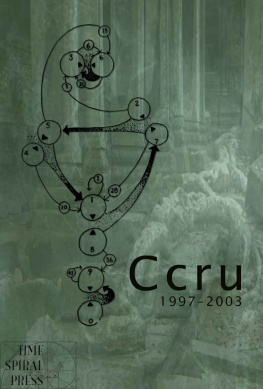

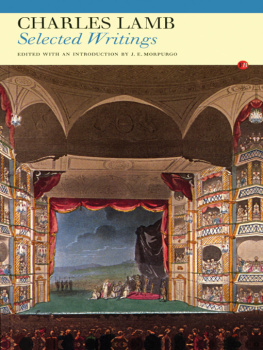
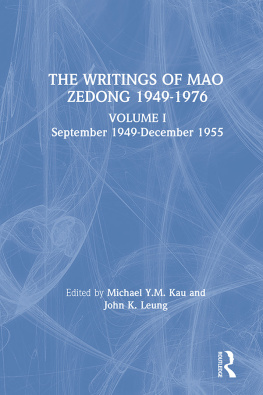
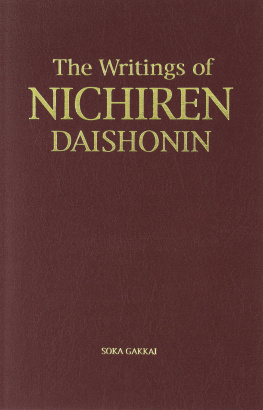
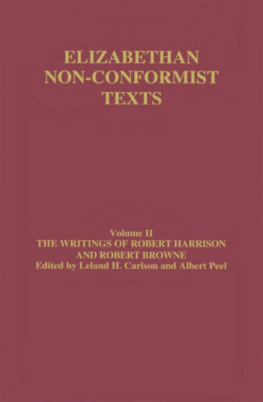
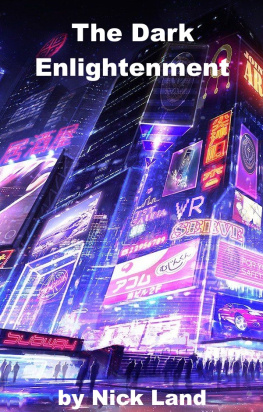
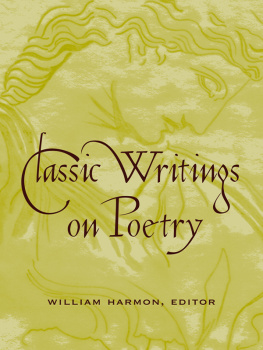
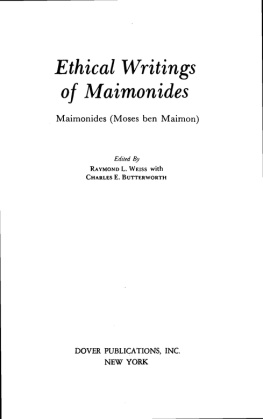
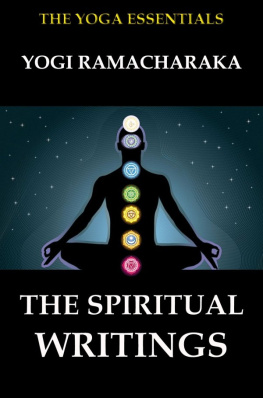

![Dworkin - Life and death : [unapologetic writings on the continuing war against women]](/uploads/posts/book/97794/thumbs/dworkin-life-and-death-unapologetic-writings.jpg)